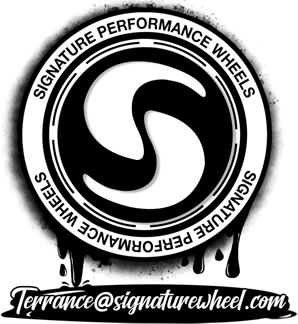Scrapping carriers during a lull is a profit-taking move not an operational move. Anyone who has run even a lemonade stand, knows that the setup/restarts are the most intensive periods. IF the whole WORLD was shutting down its chain, it makes no sense to scrap the current capacity for a supply of a currently broken chain, when the only true known was that demand would be spiked once operations resumed. So many companies cut employees and couldn't recover for the same reasons.
I saw the Times article on Ford's cost but it's double-speak for us in SCM. Cost are contractually set in most cases yearly and on many components multi years with fixed escalation well below inflation rates. The variable cost would be freight. They don't buy components one quarter at a time, they plan a vehicle for production this year, they designed and had supply chain in place a year or even two ago. They're getting hosed on labor and EV batteries which are up 8% and a combined 347% respectively (factories were shut down, and freight carriers won't transport these HAZMATs because A they are heavy and B take up a lot of space. More revenue carrying more lightweight stuff) Their revenue is down but they aren't adjusting earning forecast which means they are actually saying profitability is taking a hit so they wll need to cut FC (people) to maintain the same stock prices. That's not a supply chain issue, that's a board of directors' decision. Reduce your forecast, which will reduce demand which will drop the prices, and ease supply requests, you can't ship the cars anyway. Yes, your stock will drop but your company will survive. Nope,got to get those dividend payments out.
RIGHT, By now they should have the FIFO system in full gear, they've had to years to get it set up.
They can't get Carbon from the supplier they inked a deal to supply the carbon for the next 4 years worth of production. But carbon can be had. I advise all the time exclusive deals are bad for business, supplier spec's parts are bad for business. You need an A thru C tier supply base for everything. Supplier A gets 80% of the spend, B get 15% and C a little mom and pop, gets 5%. That way you have multiple streams of supply. You watch the quality control but you're almost never completely constrained. Otherwise, if supplier A is all you have then you can't build cars until you strike a deal with B who still has to ramp up to produce the parts. This is why they cant do edge red paint calipers now, only one supplier and it was the supplier's paint spec, not GM's. So now because you had only one Carbon supplier now you're having to ramp up new parts that are not on new cars. Supplier B and C are your peak demand suppliers. They can give you better pricing when volume requires, even though you pay more to ensure you always have parts during non peak periods. So it's NOT that there is a carbon shortage or even a Carbon supply chain issue, its a margin dilution issue, GM's low-cost supplier is having issues and they had no back up because they went with a single low-cost option. Now they'd have to either raise prices mid-year and buy from other suppliers with a delay as they ramp up losing margin the whole way, or hold margin and not provide it on the cars, just keep it as an unavailable option to keep the customers.
Stop calling it a supply chain issue, its a business decision. Yes they can't get as many parts as quickly as they want, but that is a constant condition. Boat sinks with all the chips is a supply chain issue, Promising more cars than there are chips or chip makers is a business decision.






